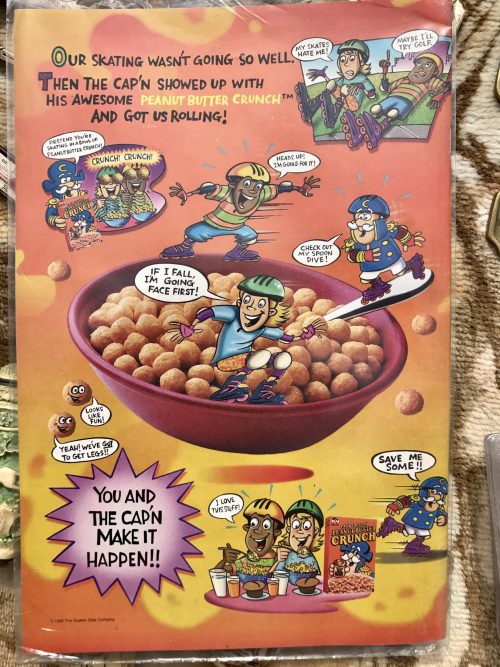
“What is the opposite of an asshole? It’s the ‘awesome’ person who goes off script in the usual interactions, creating new opportunities for creative expression and social communion.

*Bonus PDF Included with Awesomeness/Suckiness Chart On Being Awesome articulates a singular and gripping cultural ideal and provides a new and inspiring framework for understanding friendship, success, and happiness in our everyday lives.

What can the invention of the high five and the history of “cool” tell us about the origins of awesome? Can introverts be awesome? How do our expectations of awesome relate to race, gender, and sexuality? How is our desire for awesomeness shaping our cultural landscape-art, altruism, athletics, and public life? These are just a few of the questions Riggle explores in this accessible, philosophical road trip through the ethos of our time. To be down, game, chill, basic, wack, or a preference dictator are just a handful of ways we can create, respond to, or fail to take up social openings in the office, in public, or with our friends and loved ones. We suck when we foil their attempts at creative community building.

In this engaging, fun, and astute investigation of a thoroughly contemporary condition, philosopher and former pro skater Nick Riggle argues that our collective interest in being awesome (and not sucking) marks a new era in American culture, one that is shaped by relatively recent social, political, and technological shifts.Īt the core of his work is the idea that awesome people are exemplars of social creativity. (Dec.A lively philosophical exploration of what it means to be awesome and not suck, and a plea for more awesomeness in our personal, social, and public lives The result is a dense but rewarding take on beauty’s central role in life. Such actions create what Riggle calls “aesthetic community,” in which one enters into an artistic conversation by generating art that can then be imitated and shared again: “When you share, express, and imitate, you engage in special forms of community and love.” For an academic philosopher, Riggle’s writing can be gorgeously concrete (“The glowing ocotillo that foregrounds a peach tree in full bloom, heavy with light pink petals, carmine buds, and, if I squint, yellow-tipped pistils”), but the ideas are heady and readers may be disappointed that they aren’t as accessible as the Drake references would suggest. He lays out a nuanced definition of beauty as a force that prompts engagement and self-expression through imitation and sharing. Drawing on an eclectic variety of sources that include Plato, Leonard Cohen, and Ocean Vuong, the author contends that “attending to and replicating” beauty can give meaning to life. this life that was simply given to me?” asks Riggle ( On Being Awesome), a University of San Diego philosopher and former professional skater, in this subtle meditation.


 0 kommentar(er)
0 kommentar(er)
